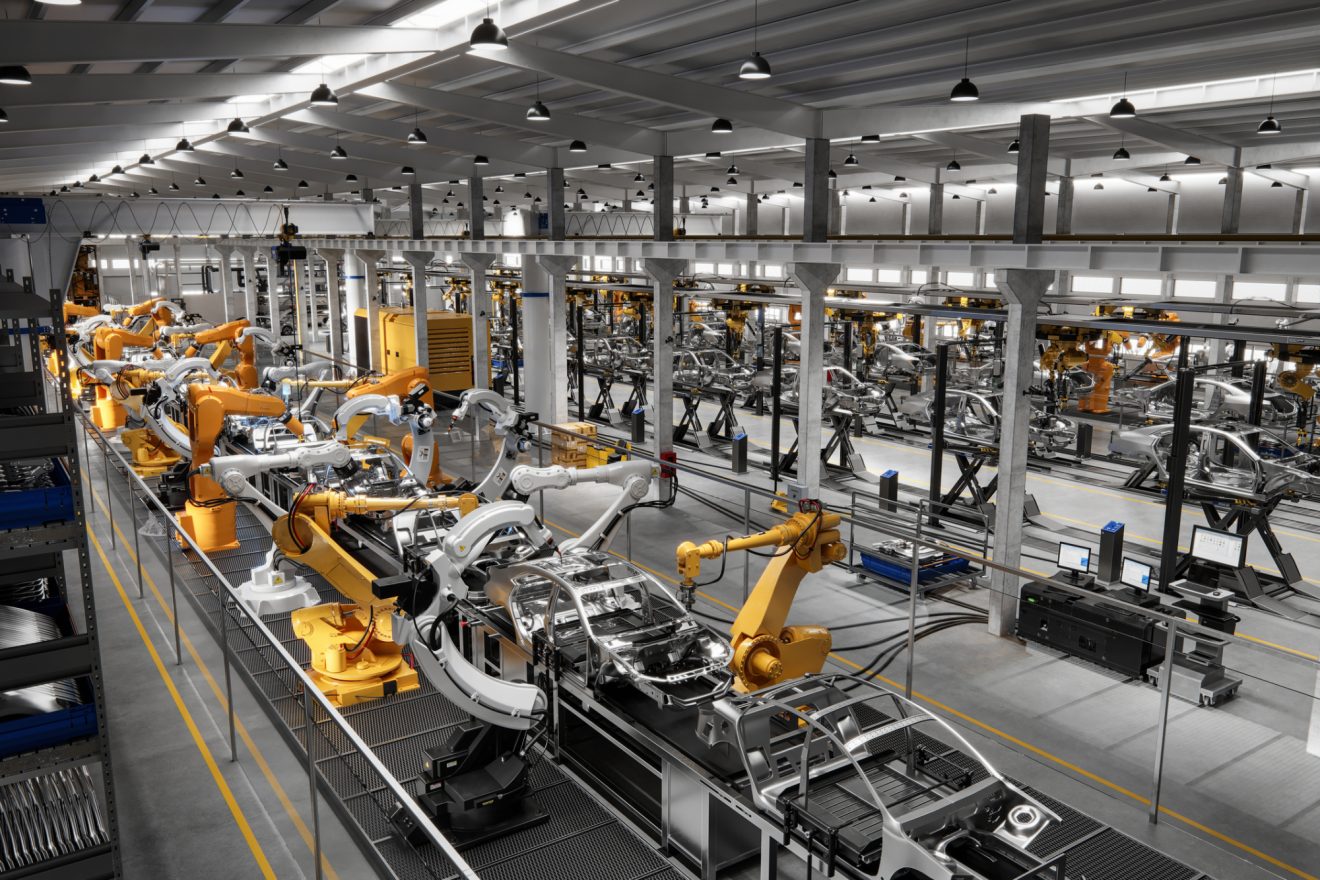
The manufacturing industry is ready to embrace new technology - we just need to enable it
For projects that vary in size, efficiency during the production process is critical to ensure quality control and timely delivery of products. Project management tools and new technologies have a part to play in this. They implement a standard process - from initiation, to planning, scheduling, communication and reporting. To prevent hurdles further down the line, key risks and challenges must be identified at the start of the process.
Here's where technology has a part to play – it improves efficiency, productivity and quality. The manufacturing industry has been traditional in many senses, it only started to digitalize around a decade ago – with new technologies gaining traction in the UK. In recent years, other European countries have embraced technologies too.
The concept of ‘smart factories’ has spiked interest. They are created and comprised through innovative manufacturing technology, machines and systems. Through automation and self-optimization, they can learn and adapt to situations while increasing productivity. They have become a phenomenon - The World Economic Forum recognized them as the ‘most powerful factories in the world’ in 2019. They have certainly supported manufacturers in delivery too, due to their ability to produce a vast amount of goods on a large scale - increasing production development.
The industry is also looking at how it collects data, and uses systems, sensors, and mobile devices to store it all in one place. This allows project managers (PMs) to monitor and manage risk, manufacture niche products, and improve quality.
They do this through automated processes that can collect real-time data, improve machinery performance, track product quality and manage inventory. They create dashboards and reporting, so PMs can track the success of a project, allowing them to mitigate risk where needed. Storing this information digitally supports manufacturing teams on the ground too, as it’s easier to organize project documents so that they are easily accessible.
Manufacturing requires a variation of skills and resource. Project management tools often bring together the required skillset so they can work together harmoniously. They can assign tasks to people who match the required skillset, while ensuring machinery, equipment and labor are available and used effectively.
There is clearly an appetite to embrace technology in the manufacturing industry and ensure it enables effective and efficient project management. It isn’t just about improving operations; it is about staying up to date and competitive in a fast-moving market. Embracing these technologies and tools is vital for long-term success in the manufacturing space.
Curious how Quickbase can help your manufacturing team create new efficiencies? Click here to learn more.




